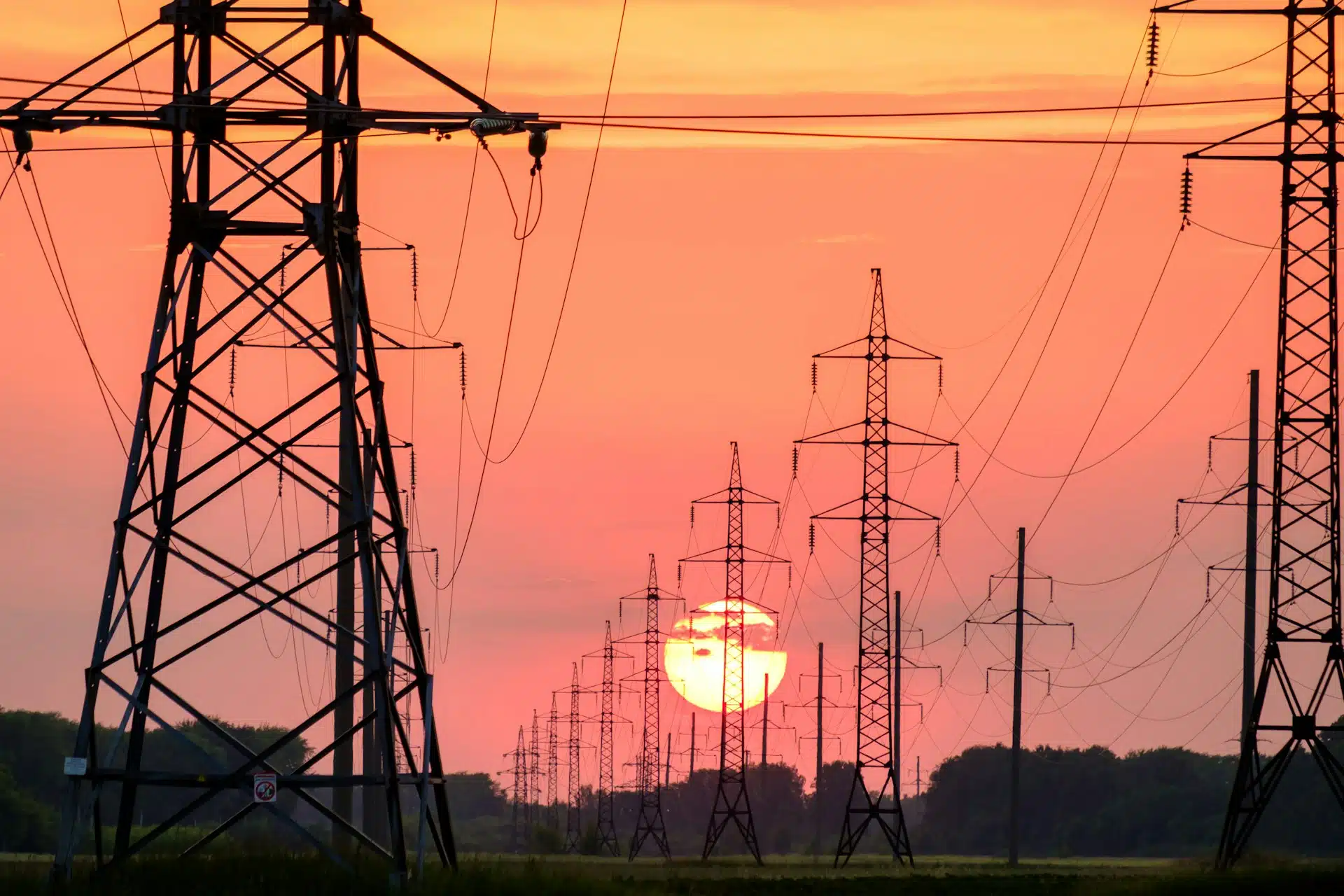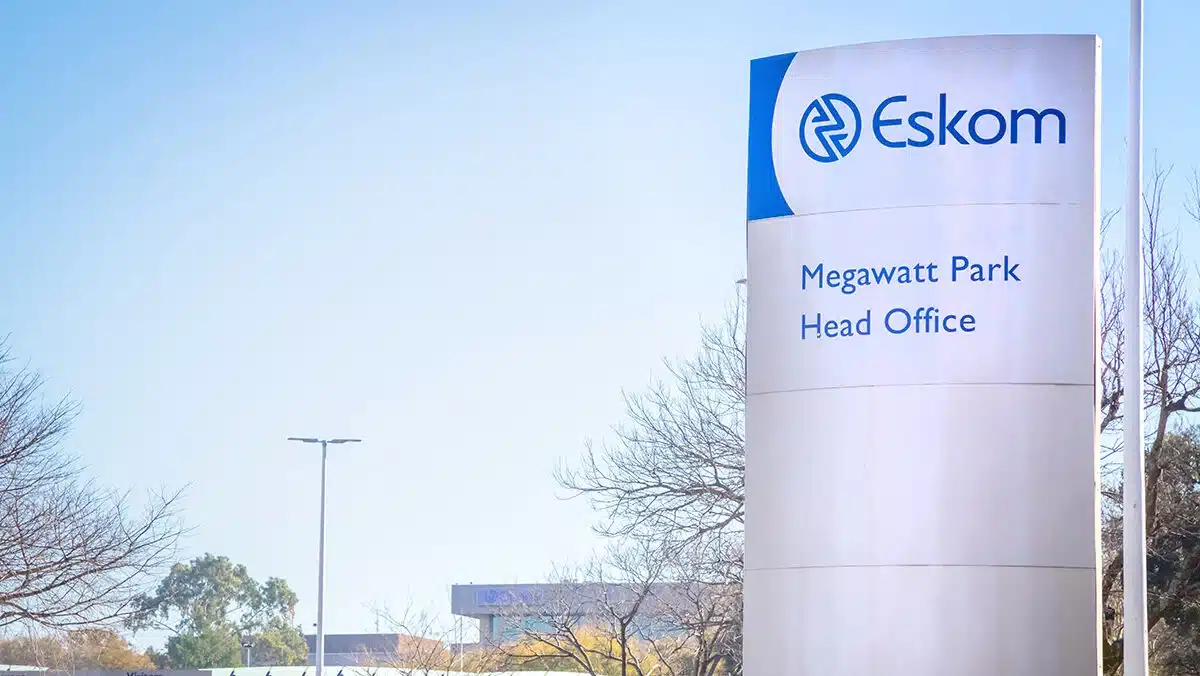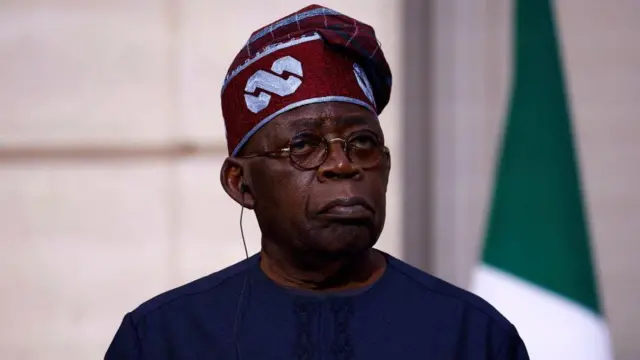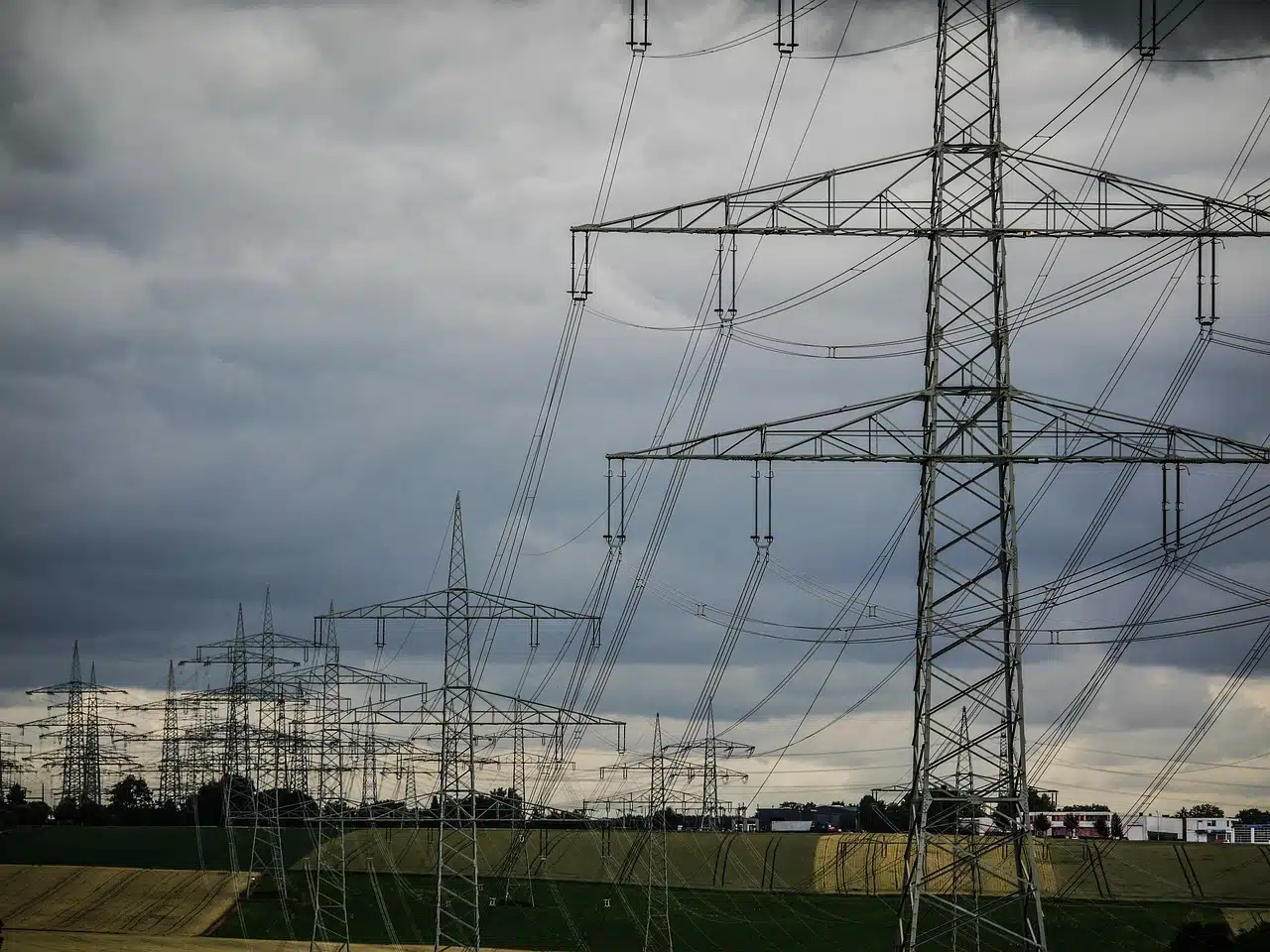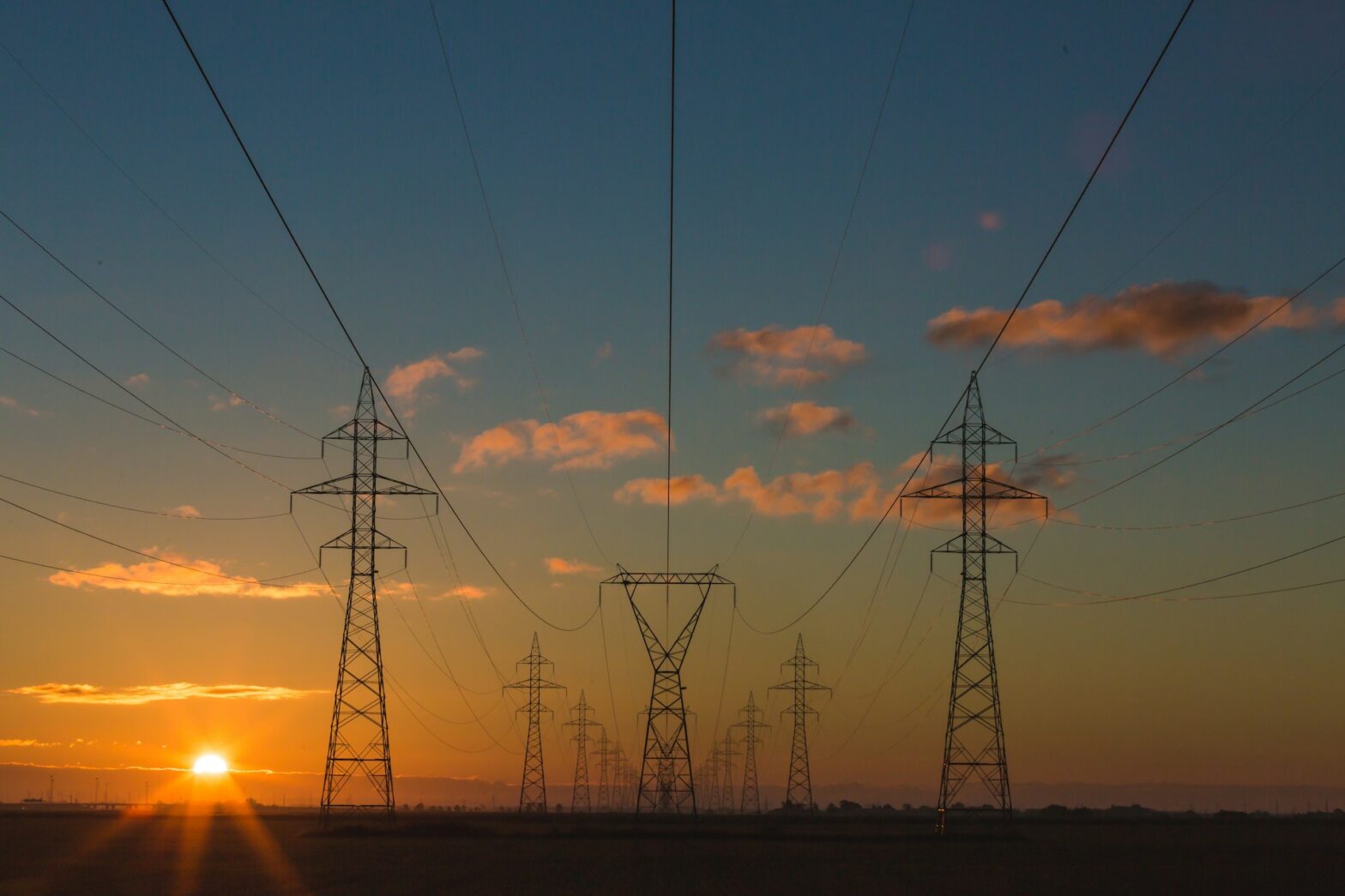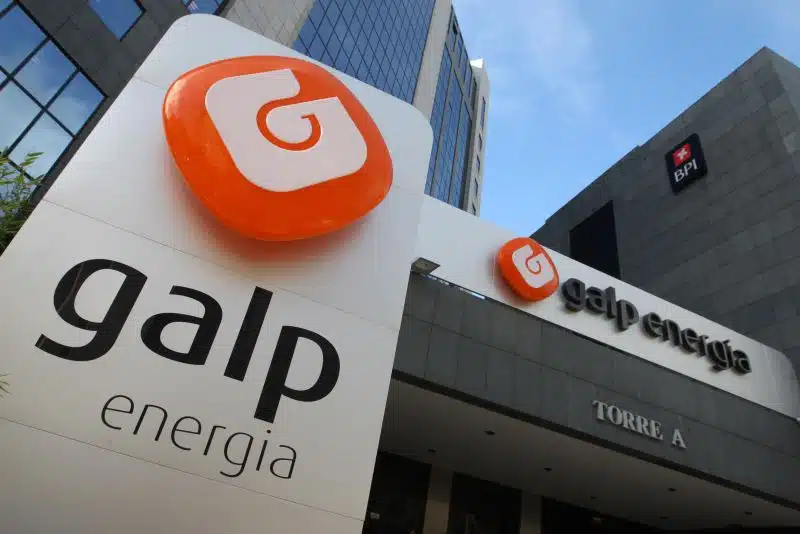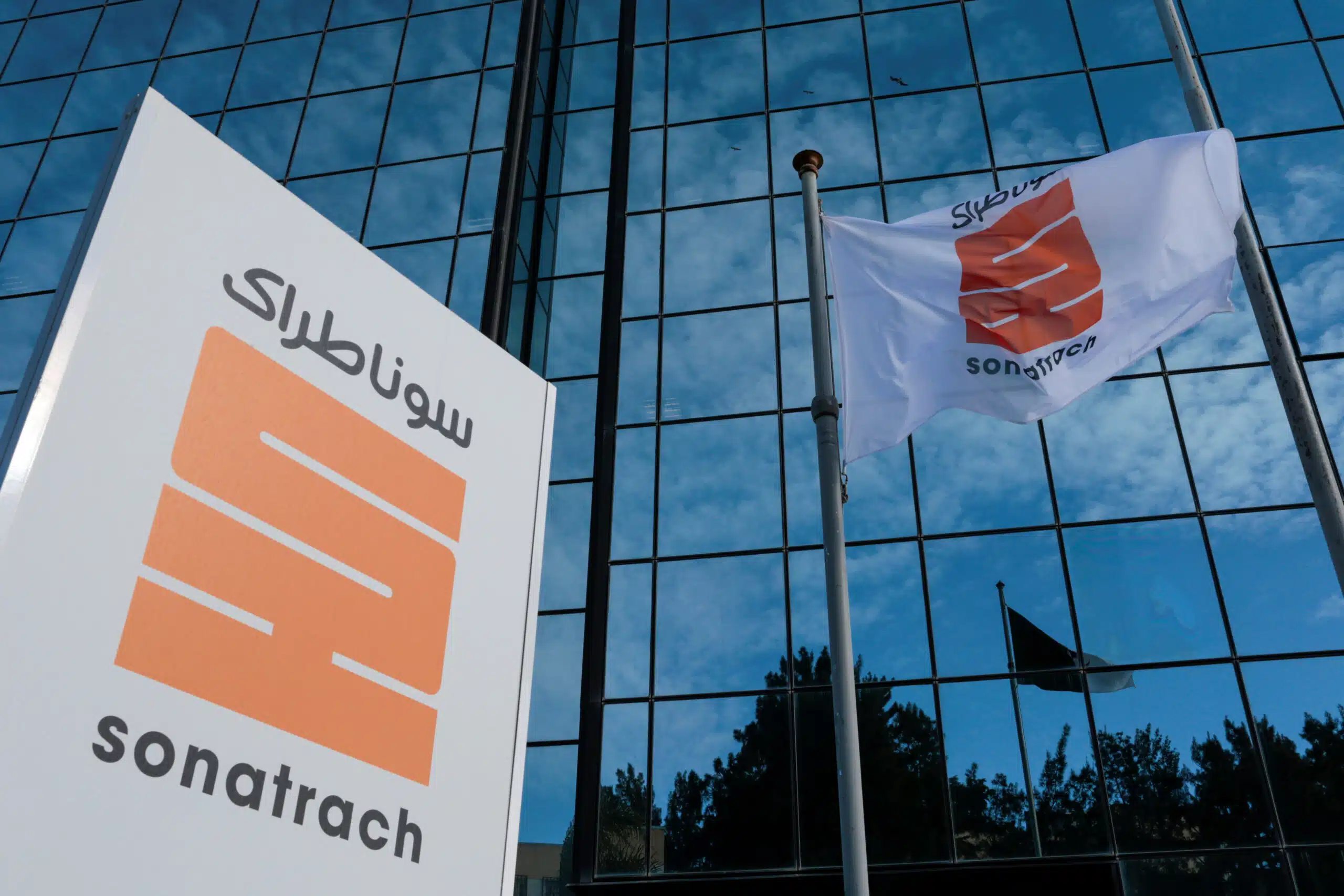The Nigerian Electricity Regulatory Commission (NERC) has mandated 9 electricity Distribution Companies (DisCos) to compensate Band A customers across 557 streets for failing to deliver the required 20-hour daily power supply in April 2025.
“Pursuant to the provisions of the order on migration of customers and compensation for service failure, the commission, based on the feeder performance report for 1 March 2025, hereby orders as follows: the DisCos shall make appropriate compensation to the affected customers in Band A feeders for the deliver up to 20 hours of average supply”, said NERC in the MYTO.
The affected DisCos must provide compensation through electricity credits or enhanced power supply to customers on 152 feeders, as reported by ESI-Africa.
NERC’s action responds to growing consumer frustration, particularly among Band A customers who pay premium tariffs for guaranteed service.
The commission’s order shows its commitment to enforcing accountability in the service-based tariff regime introduced in 2024, which saw Band A tariffs rise by over 300%.
The Nigerian government also proposed to move more electricity consumers to the Band A electricity tariff in January 2025.
The Band A consumer’s challenges
Band A customers, Nigerian elite electricity users, classified for their access to at least 20 hours of daily electricity, face significant challenges despite paying the highest rates.
NERC’s directive shows that many DisCos failed to meet this threshold, leaving households and businesses grappling with erratic power supply, increased production costs, and dwindling disposable income.
Adebayo Adelabu, Nigeria’s Minister of Power, previously attributed slow progress in service improvements to DisCos’ reluctance to invest in infrastructure.
This underinvestment exacerbates the gap between tariff hikes and actual service delivery.
The compensation order has sparked debate. Some Nigerians view it as insufficient, arguing that systemic issues like outdated infrastructure and regulatory loopholes require broader reforms.
The directive affects key DisCos, including Abuja Electricity Distribution Company (AEDC) and Ikeja Electric (IE).
The impact on Nigeria’s energy sector
The NERC’s decision could reshape consumer trust and DisCo operations.
By enforcing compensation, the regulator aims to incentivize DisCos to prioritize service reliability, according to the ESI-Africa report.
However, persistent service gaps have undermined public confidence and raised questions about the capacity of the DisCos to deliver on the service-based tariff model.

